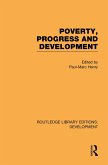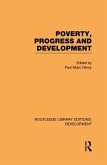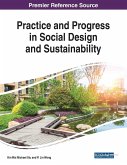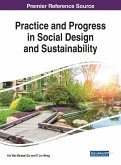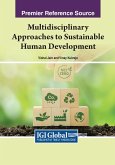Do new innovations and products improve our lives? Has our relentless pursuit of technological progress eliminated the blight of poverty, of inequality, of discrimination, of crime, of war? Has the advance of technology increased our happiness and led us to fulfillment and social harmony? The ads would have us think so. But not all technological innovation is desirable, and the fastest rate of change is not necessarily the best. Futile Progress explores the multiple and far-reaching ways in which our society and our environment have been affected by technological change. It reveals how far unfettered 'advances' can be blamed for environmental damage, and analyses to what extent our unquestioning acceptance of new technologies has contributed to the social insecurity, inequality and dislocation evident today. In this original and thought provoking book, Ernest Braun argues for effective safeguards against these adverse effects of technologies beneficial to society receive public support. Only if the consequences of technological change are anticipated can technology be harnessed to work for common good.
Hinweis: Dieser Artikel kann nur an eine deutsche Lieferadresse ausgeliefert werden.
Hinweis: Dieser Artikel kann nur an eine deutsche Lieferadresse ausgeliefert werden.




